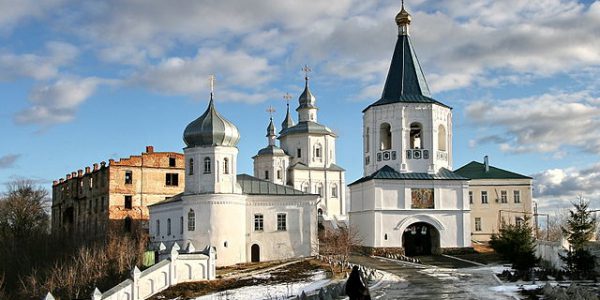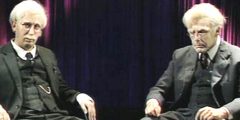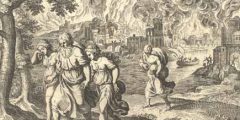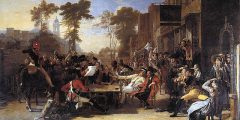The Life of Sister Asklipiodata, a Rebellious Nun in Eighteenth-Century Ukraine
October 5, 2017
In the early hours of the morning of 14th November 1776 the nuns of the St Nicholas Holy Jordan Monastery in Kiev were woken by the sound of a struggle coming from the cell of one Sister Asklipiodata. Before long the assembled nuns saw Mother Superior Alexandra’s servant Joseph Tertichnik grappling with a loudly protesting …
The Knights of Labor: New Perspectives
April 1, 2017
The Noble and Holy Order of the Knights of Labor is a staple of American labour history, Steven Parfitt writes. The Knights began in 1869 in Philadelphia, spread throughout the United States in the next two decades, and became the first truly national working-class movement to appear in that country. In 1886 they boasted nearly …
Teaching Excellence Framework “Should Measure Erotic Capital” of Academics
A new study released today suggests that the government’s new Teaching Excellence Framework, which aims to assess the quality of teaching in universities, should also assess the “erotic capital” of academics. Dr Avril Sottise of the educational think tank the Institute for Studies (see link) argues in a new piece that the personalities of academics …
Visions of Sodom: Religion and Sexuality since the Reformation
March 14, 2017
In September 1850, the French savant Louis-Felicien de Saulcy, charged with a Mission Scientifique from the French government, and in the company of a Catholic priest and four young men on a tour of the East, set out to circumnavigate and map the Dead Sea. Four months later, on his way round the shores of …
The Botanical History of Genoa through the eyes of John Ray and Francis Willughby, 1664 to the Present
March 10, 2017
What can the botanical history of a place give to contemporary urban planning and cultural heritage? This is a question addressed in a new paper in Landscape History (see link) by Ross Balzaretti (Nottingham History), Charles Watkins (Nottingham Geography), Raffaella Bruzzone (Marie Curie fellow, Nottingham), and Carlo Montanari (University of Genoa). The authors have used …
Lincoln in the age of the Black Death
February 13, 2017
Did the Black Death, civic corruption, political decay and economic crisis lead to Lincoln’s precipitate economic decline in the fourteenth century? Nottingham Ph.D Alan Kissane’s new book Civic Community in Late Medieval Lincoln: Economy and Society in the Age of the Black Death, 1289-1409 challenges that view. Medievalists have usually seen Lincoln as declining from its …
How America got Fed Up with Experts
January 22, 2017
During last summer’s EU referendum campaign, far-right fellow traveller and failed politician Michael Gove famously said the British public had “had enough of experts.” Although Gove meant to discredit only those “experts” who disagreed with him, the expression of similar sentiments, especially on the right of the political spectrum, is not a recent phenomenon, but, …
How Nottingham Celebrated the Battle of Waterloo, or Didn’t, 1815
January 11, 2017
On hearing news of Napoleon’s defeat at Waterloo on 18th June 1815 (commemorated in Wilkie’s famous picture of the Chelsea Pensioners reading the Waterloo dispatch, right) locals in the Lake District lit a bonfire on top of Skiddaw and gathered there to celebrate, feasting on patriotic fare such as roast beef and plum pudding. The …









Recent Comments